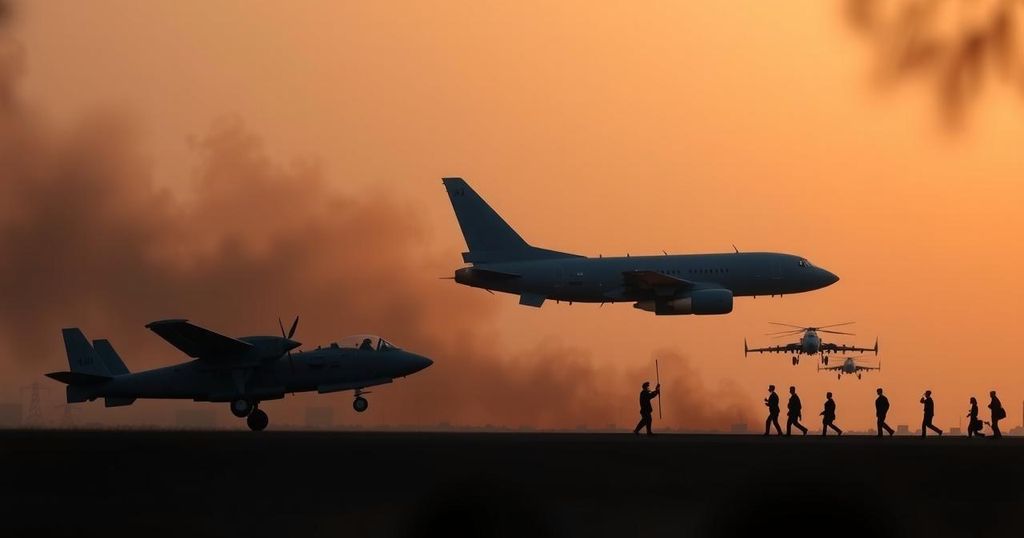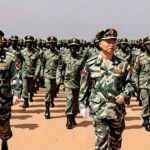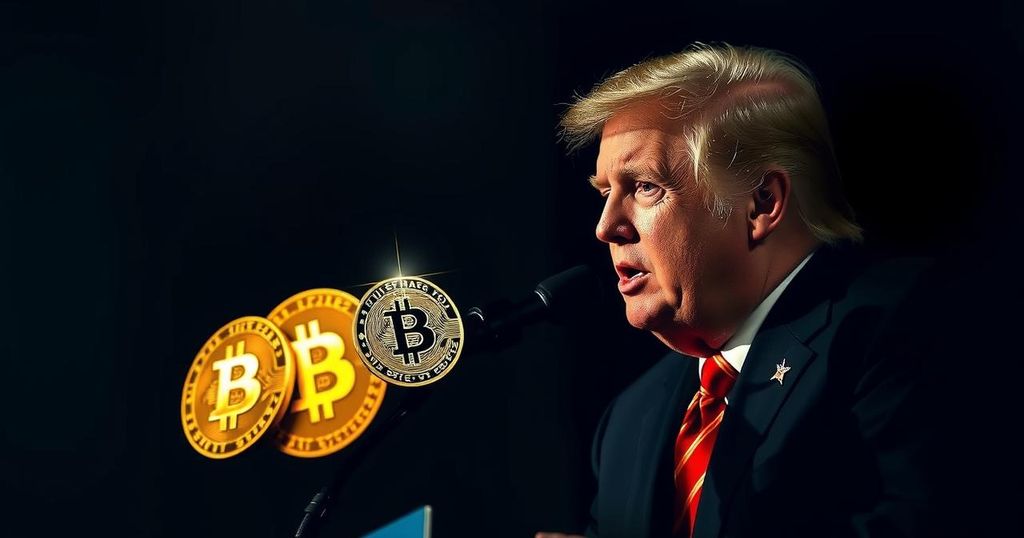US Military Preparedness at Risk as China Outpaces Progress
Summary
The United States is lagging behind China in military preparedness due to outdated Pentagon bureaucracies and slow technology adoption. Lawmakers have expressed concern over the impacts on key alliances and the need for reform to expedite critical technology transfers.
Recent testimony before congressional panels has revealed that the United States is rapidly falling behind China in its preparations for potential future conflicts. This trend is attributed to a bureaucratic Pentagon that is slow to adopt new technologies and a public that reacts primarily in response to crises. The Department of Defense’s dated security and procurement processes have emerged as significant hurdles, particularly in relation to the AUKUS security pact, leading to urgent calls from lawmakers for assistance from Deputy Secretary of State Kurt Campbell, who has pledged to address these issues. The chairman of the House Foreign Affairs Committee, Congressman Michael McCaul of Texas, highlighted that Pentagon officials have yet to approve critical technology transfers to AUKUS member nations nearly a year following the enactment of legislation intended to expedite such measures. He stated that the administration continues to maintain an extensive list of excluded technologies that hampers the efficacy of these provisions. Specific sectors, such as communications networks, naval acoustics, and jet engines, are notably stalled. Congressman McCaul emphasized that this situation undermines the intent behind congressional legislation.
The current geopolitical landscape necessitates rapid advancements in military readiness, particularly in response to potential conflicts involving major powers such as China. As tensions rise in various regions, including the Asia-Pacific, the necessity for a unified and technologically advanced defense strategy among allies becomes increasingly pressing. The AUKUS pact involves the United States, the United Kingdom, and Australia, aimed at enhancing military capabilities in a rapidly evolving security environment. However, structural limitations within the Pentagon’s operational framework hinder the timely deployment of essential technologies critical to maintaining competitive advantages.
In conclusion, the testimony from congressional panels underscores a concerning trend regarding the United States’ ability to effectively prepare for future conflicts in the face of China’s advancements. Legislative measures intended to facilitate technology transfers to key allies are being obstructed by outdated bureaucratic practices, illustrating a crucial need for reform within the Department of Defense. The situation calls for prompt action to ensure that the U.S. maintains its strategic partnerships and military readiness in an increasingly competitive global landscape.
Original Source: www.scmp.com








Post Comment